The UK inflation rate has gone up for the second month in a row, according to official figures for November.
The figure rose to 2.6%, up from 2.3% in the year to October, figures from the Office for National Statistics (ONS) showed.
Fuel and clothing were among the main drivers behind the rise. Prices for recreation and cultural activities also rose.
The Bank of England raises interest rates to try to keep inflation at its target of 2%. Its next rates decision is on Thursday, but economists expect rates to be held at 4.75%.
"Inflation rose again this month as prices of motor fuel and clothing increased this year but fell a year ago," said Grant Fitzner, chief economist at the ONS.
"This was partially offset by air fares, which traditionally dip at this time of year, but saw their largest drop in November since records began at the start of the century."
Chancellor Rachel Reeves said she recognised that families were still struggling with the cost of living.
"Today's figures are a reminder that for too long the economy has not worked for working people."
"I am fighting to put more money in the pockets of working people."
Shadow chancellor Mel Stride said: "The chancellor has made a series of irresponsible and inflationary decisions."
"These figures mean higher costs in the shops, less money in working people's pockets and risks keeping mortgage rates higher for longer."
A wider measure of inflation showed housing and household services costs, including rent, rose by 3.5%.

 Movie
Movie 3 days ago
16
3 days ago
16 
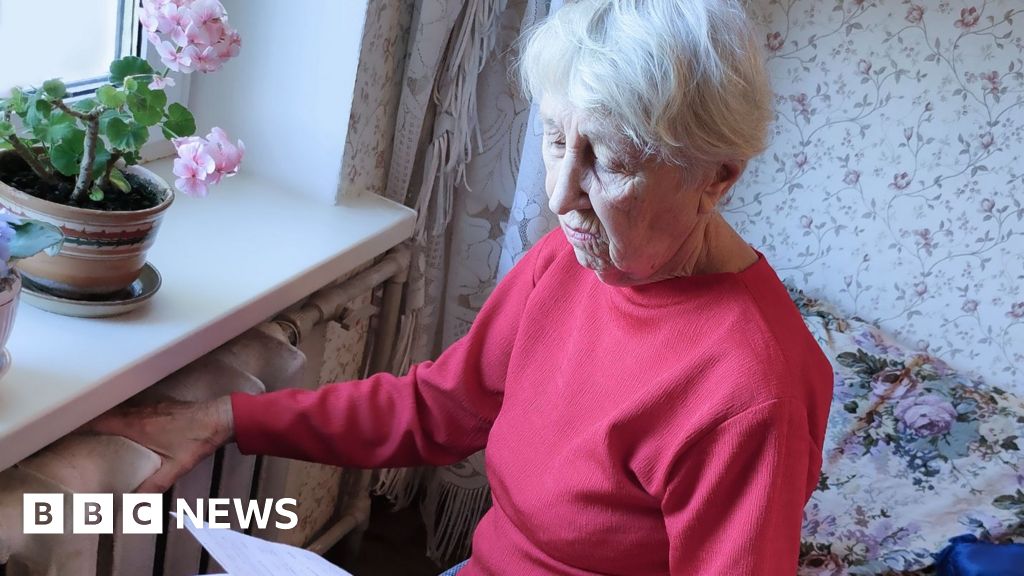
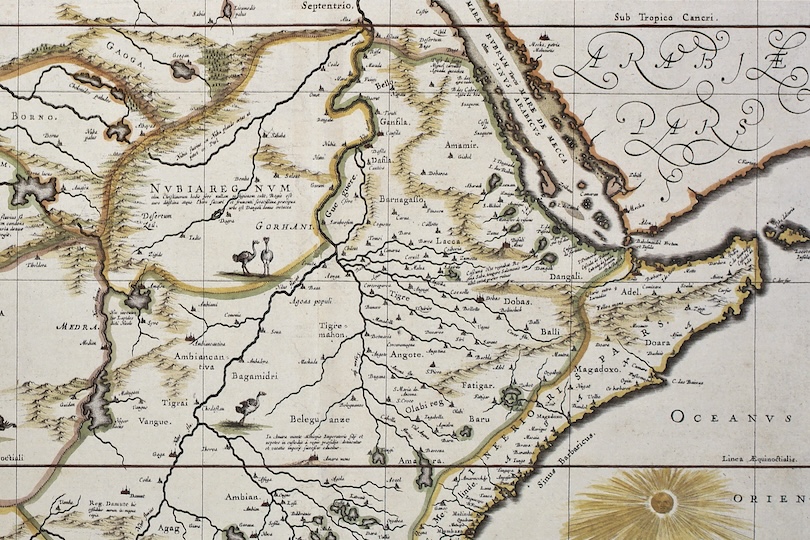
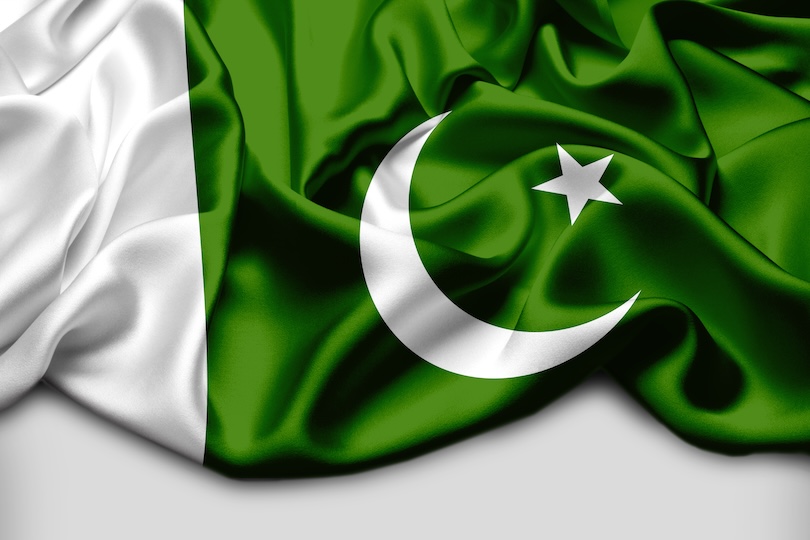
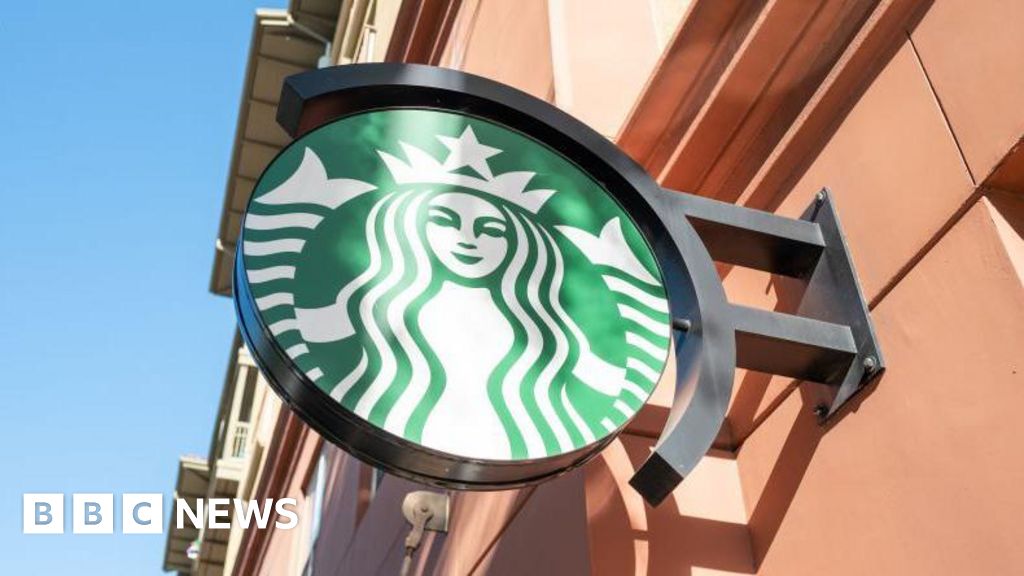
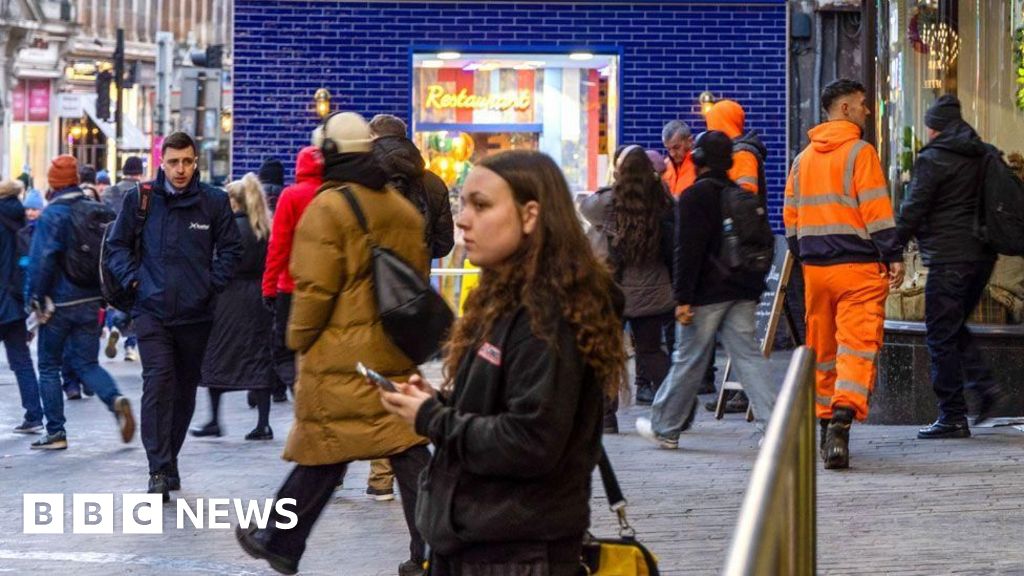

![Presidents Day Weekend Car Sales [2021 Edition] Presidents Day Weekend Car Sales [2021 Edition]](https://www.findthebestcarprice.com/wp-content/uploads/Presidents-Day-Weekend-car-sales.jpg)



 English (United States)
English (United States)